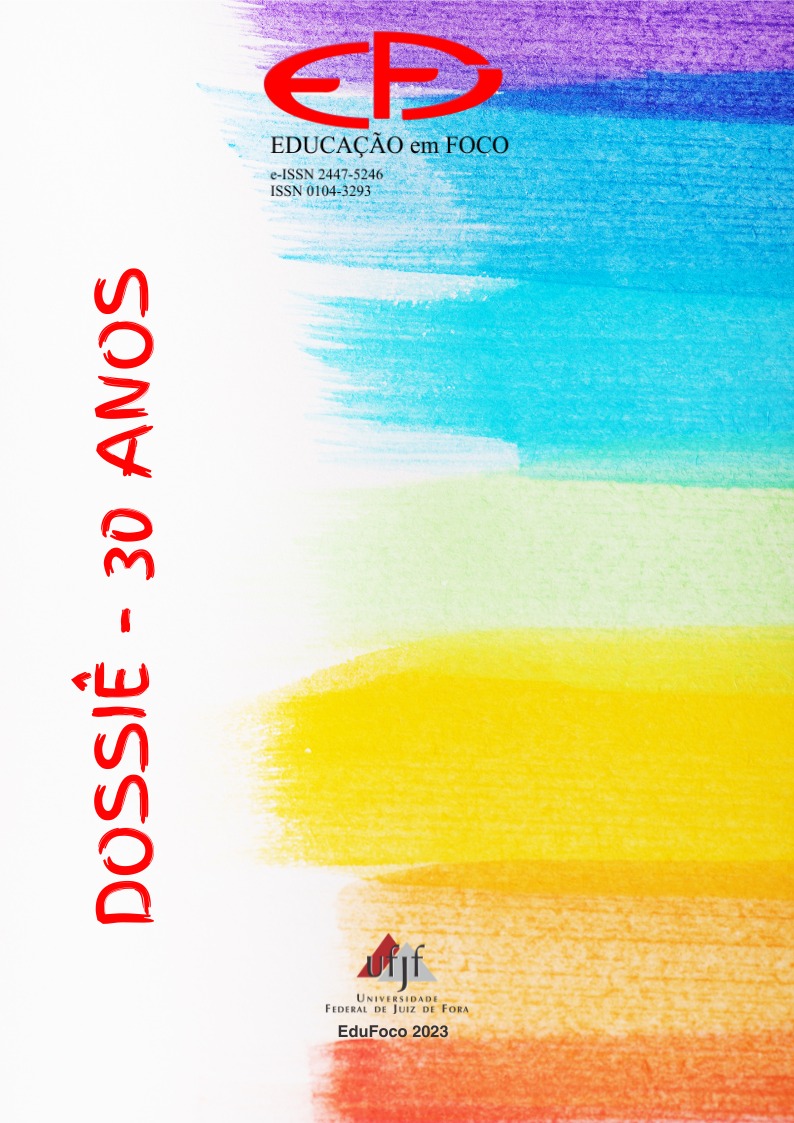APRENDER OU EMPREENDER?
OS DEBATES DO NOVO ENSINO MÉDIO
DOI:
https://doi.org/10.34019/2447-5246.2023.v28.41232Abstract
The article proposes a reflection on the “New” High School (NEM) established by Law 13.415/2017, analyzing the type of rationality that presides over it and the groups that act in its political support. The first neoliberal reform aimed at mass secondary education was carried out in 1998, and has already announced several elements taken up and deepened in the 2017 reform, such as the competence-based curriculum, areas of knowledge and curriculum flexibility. Neoliberal reforms do not expand access to national secondary education, but seek to impose a new type of control over already established supply and demand, remodeling them from a managerial rationality, with emphasis on the deregulation of the curriculum and the right to education. We use Sennet (1997) and Chamayou (2020) as a theoretical framework to suggest possible analogies between the practice of continuous restructuring in capitalist organizations and reformist agendas in education, and Fontes (2017) to analyze the cross-party character of the programmatic agenda of High School Reform in Brazil. In fact, the NEM has indelibly survived four national governments of very different political shades, revealing a new cross-party programmatic domination, since the educational agendas appear as the result of a very powerful consensual concertation, which overflows from companies to political representatives in the legislative, executive, judiciary, in educational management in municipalities, states and the Union, in public councils, NGO´s and associations. This consensus from above has not, however, prevented criticism and contrary public demonstrations that claim the repeal of the High School Reform, carried out by the subjects that constitute the basis of the school system: students, teachers, unions, researchers, faculties of education and research groups.
Downloads
Downloads
Published
How to Cite
Issue
Section
License
Ao submeter um artigo à revista Educação em Foco e tê-lo aprovado, os autores concordam em ceder, sem remuneração, os seguintes direitos à Educação em Foco: os direitos de primeira publicação e a permissão para que Educação em Foco redistribua esse artigo e seus metadados aos serviços de indexação e referência que seus editores julguem apropriados.

















